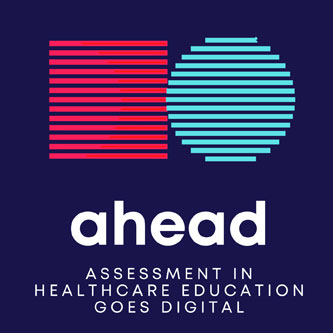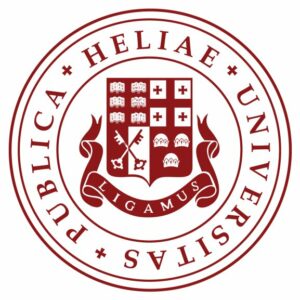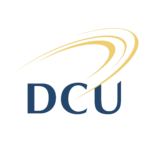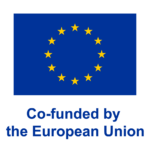Average Difficulty ***
Requirements
Shared space for interaction (physical or digital), platform for gathering ideas and suggestions
User Cases
Collaborative design of assessments tailored to individual needs
Output
Suitable digital Assessment
Benefit
Individually fitting solution, involvement of educators and learners, promotion of content creation competence
What are Co-Creation Workshops?
Introduction
Co-creation originally comes from the business sector and is a method used by companies to create new products or improve existing ones together with consumers. It involves going through a design process in which consumers can share their ideas and designs and provide feedback. Dolinger et al. define Co-creation as “process of students’ feedback, opinions, and other resources such as their intellectual capabilities and personalities, integrated alongside institutional resources” (Dollinger, Mollie; Lodge, Jason; Coates, Hamish (2018-04-27). “Co-creation in higher education: towards a conceptual model”. Journal of Marketing for Higher Education. 28 (2): 210–231. doi:10.1080/08841241.2018.1466756)
It seems like the definition from Dolinger et al. was cut off in your request. If you have the rest of the definition, I’d be happy to translate it for you into English as well.
The goal of conducting such sessions is to further understand the barriers and causes of the electronic/digital assessment from both points of view (student & teacher). It also aims at exploring possible appropriate solutions from both target groups.
The overall duration of the sessions should not exceed 2 hours. It should be held in a friendly atmosphere, allowing the participants to express themselves freely and without constraint. This is why the questions provided below should not be answered at any cost but used as general indication to obtain the information that we are looking for. The facilitator should remain as discreet as possible not to influence participants’ experience.
Examples of some questions for co-creation session for students:
– How do you feel about the assessment process at your studies?
– According to you, what is a perfect way of assessment?
– Do you consider yourself in a situation of stress during assessment? What is about your environment?
– In your opinion, what is digital assessment?
– In your opinion, what are the causes and consequences of such situation?
– What are the obstacles you are facing during digital assessment?
– What are the possible solutions to tackle digital assessment?
Examples of some questions for co-creation session for teachers:
– Are you familiar with digital forms of assessment?
– Do you have some statistics or can you speak about your personal experience? (as an expert)
– According to you, what is a perfect way of assessment?
– What can you say about the main obstacles during the digital assessment?
– In your opinion, what is digital assessment?
– What are the possible solutions to tackle digital assessment?
In the educational context, it’s important to understand that at the end of a Co-creation workshop, there isn’t a finished product ready, but rather the actual work on it only begins afterwards. The workshop serves primarily to identify, in a communicative and collaborative framework, goals and possibilities together with learners and teachers that are intended to solve a previously defined problem. In the AHEAD project, the focus was on the experiences of partner organizations during the pandemic. The question was, therefore, how digital solutions could be used in times when visits to practical training sites were not possible, so that a portion of the examinations could be conducted in this way.
Results of our Workshops in Germany

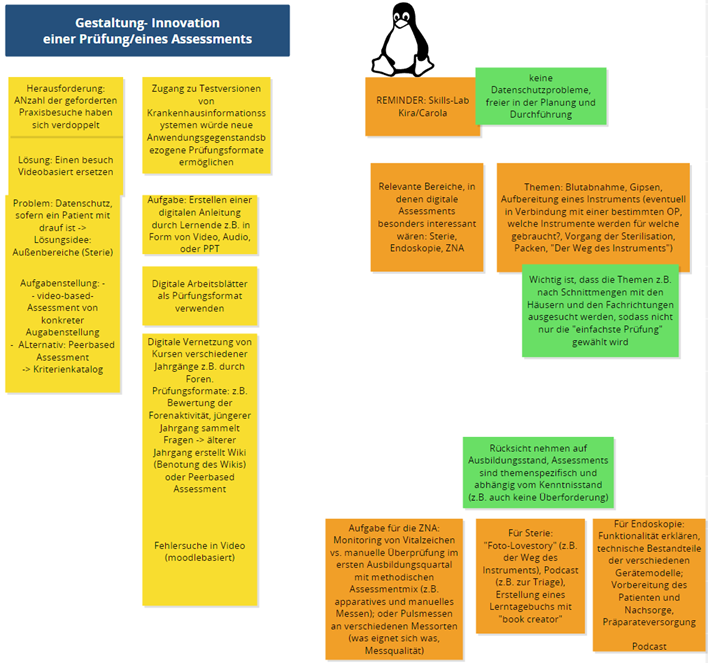

Workshop Procedure
The workshops aim to involve a diverse group of participants, including a minimum of 4 school-based teachers (lecturers), 4 practice-based teachers (clinical educators), 4 students, and other pertinent stakeholders tailored to each partner’s context, totaling around 12-15 participants per session.
Workshop ObjectivesThe primary aim of these workshops is to delve into the challenges and underlying factors impacting digital education assessments in each participating country. Additionally, the sessions are designed to identify and explore viable solutions tailored to the needs of the target groups involved.
Guidelines for FacilitatorsIt is recommended that the workshops be limited to a 2-hour timeframe and conducted in a welcoming environment to encourage open and uninhibited participation. Facilitators are advised to use the provided questions as a flexible framework rather than a strict agenda, ensuring the discussion remains focused yet organic. Facilitators should aim to be minimally intrusive to preserve the authenticity of the participants’ experiences.
Setting Up the WorkshopThe arrangement of the workshop space should facilitate a circular seating configuration to promote eye contact and engagement among participants. Amenities such as coffee, tea, water, and snacks should be readily available to create a hospitable atmosphere. The use of PowerPoint presentations enriched with videos or other multimedia elements is encouraged to stimulate discussion. Additionally, distributing the project’s brochure or flyer, along with informed consent documents, will keep participants well-informed about their role and contribution. Note-taking and moderation responsibilities should be clearly assigned, and the option to record the session for audio should be considered.
Suggested Schedule:
- Introduction to the team and participants: 15 minutes
- Overview of the project and session objectives: 15 minutes
- Main discussion session: 45 minutes
- Conclusion and wrap-up: 15 minutes
Engagement QuestionsTo ensure the workshop remains on track and yields valuable insights, facilitators might pose specific questions when necessary. However, if discussions naturally cover these topics, facilitators should avoid interrupting the flow. Here are some sample questions for both teachers and students regarding their experience with digital assessment tools, their advantages, limitations, and considerations for development.
ConclusionTo wrap up the workshop, it’s crucial to reassure participants of their valuable contribution and inform them about the project’s forthcoming phases. This gesture is essential to acknowledge their involvement and the significance of their input to the project team’s efforts.
